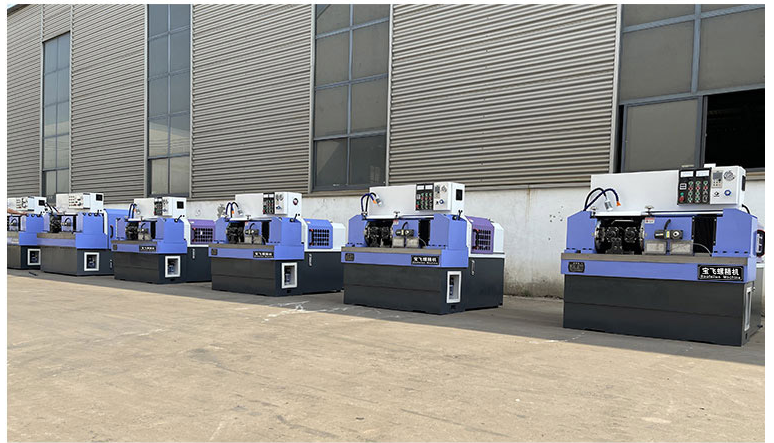
-
 Afrikaans
Afrikaans -
 Albanian
Albanian -
 Amharic
Amharic -
 Arabic
Arabic -
 Armenian
Armenian -
 Azerbaijani
Azerbaijani -
 Basque
Basque -
 Belarusian
Belarusian -
 Bengali
Bengali -
 Bosnian
Bosnian -
 Bulgarian
Bulgarian -
 Catalan
Catalan -
 Cebuano
Cebuano -
 Corsican
Corsican -
 Croatian
Croatian -
 Czech
Czech -
 Danish
Danish -
 Dutch
Dutch -
 English
English -
 Esperanto
Esperanto -
 Estonian
Estonian -
 Finnish
Finnish -
 French
French -
 Frisian
Frisian -
 Galician
Galician -
 Georgian
Georgian -
 German
German -
 Greek
Greek -
 Gujarati
Gujarati -
 Haitian Creole
Haitian Creole -
 hausa
hausa -
 hawaiian
hawaiian -
 Hebrew
Hebrew -
 Hindi
Hindi -
 Miao
Miao -
 Hungarian
Hungarian -
 Icelandic
Icelandic -
 igbo
igbo -
 Indonesian
Indonesian -
 irish
irish -
 Italian
Italian -
 Japanese
Japanese -
 Javanese
Javanese -
 Kannada
Kannada -
 kazakh
kazakh -
 Khmer
Khmer -
 Rwandese
Rwandese -
 Korean
Korean -
 Kurdish
Kurdish -
 Kyrgyz
Kyrgyz -
 Lao
Lao -
 Latin
Latin -
 Latvian
Latvian -
 Lithuanian
Lithuanian -
 Luxembourgish
Luxembourgish -
 Macedonian
Macedonian -
 Malgashi
Malgashi -
 Malay
Malay -
 Malayalam
Malayalam -
 Maltese
Maltese -
 Maori
Maori -
 Marathi
Marathi -
 Mongolian
Mongolian -
 Myanmar
Myanmar -
 Nepali
Nepali -
 Norwegian
Norwegian -
 Norwegian
Norwegian -
 Occitan
Occitan -
 Pashto
Pashto -
 Persian
Persian -
 Polish
Polish -
 Portuguese
Portuguese -
 Punjabi
Punjabi -
 Romanian
Romanian -
 Russian
Russian -
 Samoan
Samoan -
 Scottish Gaelic
Scottish Gaelic -
 Serbian
Serbian -
 Sesotho
Sesotho -
 Shona
Shona -
 Sindhi
Sindhi -
 Sinhala
Sinhala -
 Slovak
Slovak -
 Slovenian
Slovenian -
 Somali
Somali -
 Spanish
Spanish -
 Sundanese
Sundanese -
 Swahili
Swahili -
 Swedish
Swedish -
 Tagalog
Tagalog -
 Tajik
Tajik -
 Tamil
Tamil -
 Tatar
Tatar -
 Telugu
Telugu -
 Thai
Thai -
 Turkish
Turkish -
 Turkmen
Turkmen -
 Ukrainian
Ukrainian -
 Urdu
Urdu -
 Uighur
Uighur -
 Uzbek
Uzbek -
 Vietnamese
Vietnamese -
 Welsh
Welsh -
 Bantu
Bantu -
 Yiddish
Yiddish -
 Yoruba
Yoruba -
 Zulu
Zulu
Innovative Solutions for Efficient Thread Rolling Machine Operations in Manufacturing Industries
The Role of Thread Rolling Machines in Modern Manufacturing
In today’s fast-paced manufacturing landscape, the efficiency and precision of production processes are paramount. One of the pivotal technologies that contribute to these goals is the thread rolling machine. These machines play an essential role in the production of threaded fasteners, which are crucial components in various industries, including automotive, aerospace, electronics, and construction.
Understanding Thread Rolling
Thread rolling is a cold-forming process that creates threads on a cylindrical workpiece. This method involves deforming the material without removing any chips, which leads to several advantages over traditional cutting methods. During thread rolling, a workpiece is placed between two rotating dies that exert pressure, effectively forming the threads through a combination of tension and compression. The result is a product that exhibits superior strength and a finer surface finish.
Advantages of Thread Rolling Machines
1. Enhanced Strength One of the foremost benefits of thread rolling is the creation of cold-worked surfaces. This process induces residual compressive stresses in the finished product, which enhances its fatigue strength, making it significantly more durable compared to cut threads.
2. Increased Production Speed Thread rolling machines are designed for high-speed operations, allowing manufacturers to produce large quantities of threaded components in a fraction of the time it would take using conventional machining. This increase in production speed is particularly beneficial for businesses looking to scale up their operations and meet high demand.
3. Cost Efficiency By eliminating the need for cutting tools and reducing material waste, thread rolling can significantly lower production costs. The process also requires less energy compared to other machining processes, leading to further savings.
thread rolling machine working company

4. Superior Surface Finish The cold-forming process results in a smoother surface finish, reducing the need for additional finishing processes. This not only cuts down on labor costs but also ensures that the components meet high standards of quality.
Applications in Various Industries
Thread rolling machines have a wide range of applications across various sectors. In the automotive industry, they are used to manufacture bolts, screws, and other fasteners that require high strength and reliability. Similarly, in aerospace, thread rolling is crucial for producing components that must withstand high stress and environmental conditions.
In electronics, these machines help create precision screws and connectors found in devices ranging from smartphones to industrial machinery. The construction industry also benefits from thread rolling machines, as they are essential in producing various structural fasteners that ensure the integrity of buildings and infrastructure.
Conclusion
As manufacturers continue to seek ways to improve efficiency, reduce costs, and maintain high-quality standards, thread rolling machines are increasingly being recognized as a vital component of modern production processes. With continuous advancements in technology, these machines are evolving to become more versatile and capable, meeting the diverse needs of the industry.
Choosing the right thread rolling machine and partnering with a knowledgeable manufacturer can significantly impact a company’s operational efficiency. By leveraging the benefits of thread rolling, businesses can not only enhance their production capabilities but also ensure that they remain competitive in an ever-evolving market. As we look to the future, the role of thread rolling machines in manufacturing will undoubtedly become even more critical, driving innovation and excellence across various industries.
